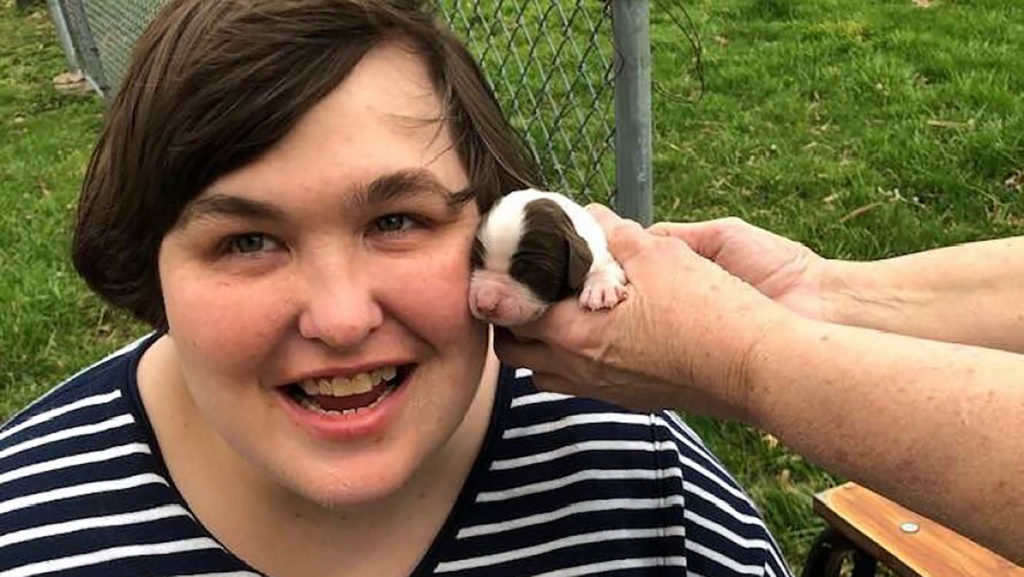What does it take to maintain a “lemonade” friendship? How do you remain “sweet” when things get “sour”?
Here are nine key elements that have helped me throughout my friendship with Sharon, who struggles with bipolar disorder. Many of these elements can be applied to any mental illness.
- Learn about the disorder. Educate yourself as to the nature of the illness and become familiar with the onset of warning signs. Many local and national mental health resources, such as the National Association for Mental Illness (NAMI), are available.
- Find your own source of support. Support for the supporter is often neglected. By that, I mean there needs to be an outlet for the non-BP friend. I have found that the best means of support is through verbal interaction. A sympathizing ear from a third party (e.g., friend, spouse, counselor, support group) goes a long way. However, be cautious of advice that suggests removing yourself from the source of distress. It is ultimately your decision to determine if the overall benefit is worth the heartache. For me, it was. Didn’t Jesus seek out the sick and the needy?
- Be realistic. Some people with BPD can hold a job, while others have to go on disability. Intellect and a college degree do not substitute for social aptitude. That was a hard pill for me to swallow. Routine is a good thing for someone with BPD. Changing a routine, especially if it happens too fast, can create anxiety.
- Don’t ignore other important relationships. Re-establish the priority of other relationships and roles with your bipolar friend.
- Remember, it’s not personal. Hurtful words, anger and insults will occur but may not be recalled by your bipolar friend. Proverbs 19:11 says, “A person’s insight gives him patience, and his virtue is to overlook an offense.”
- Don’t try to make sense of it. Trying to make sense of something irrational only leads to frustration. Reality can become distorted to someone with BPD, but it makes perfect sense to them at the time.
- You are not responsible for your bipolar friend’s recovery. They are. This includes the management of medication, their environment, and therapy. You may, however, encourage healthy action and serve as an accountability partner.
- Take care of yourself. Maintain balance in your own life.
- Include Jesus in the friendship. This is the most important element by far. Pray together and engage in spiritual conversation. Allow Jesus to be the glue that sustains you both through every situation.
EDITOR’S NOTE —May is Mental Health Awareness Month. Karen O. Allen is an author and writer based in Birmingham. She and her friend, Sharon, are working on a book about their friendship, “Outta My Mind, Into His Heart.” Subscribe for updates and read more at ewerblessed.com/lemonade-friendships/.






Share with others: